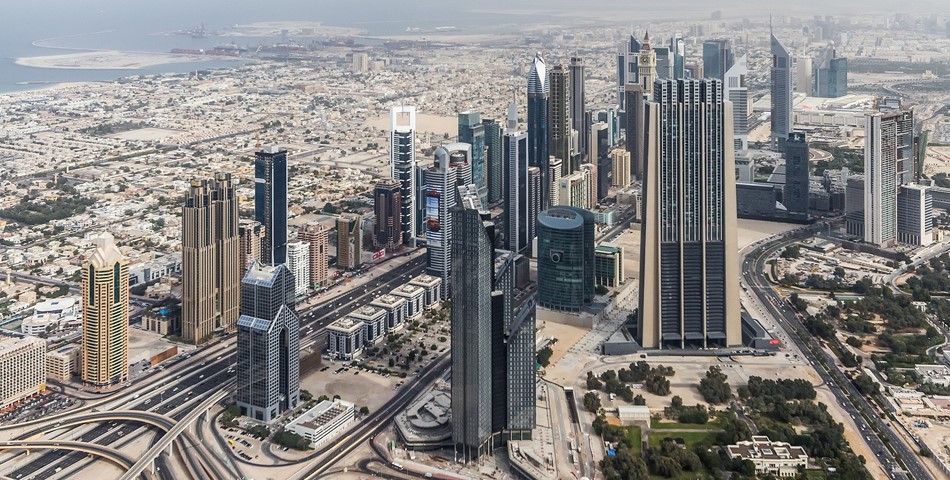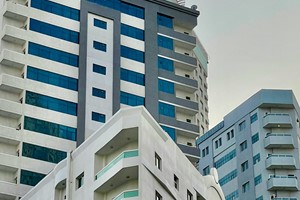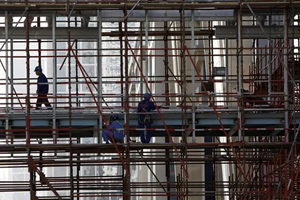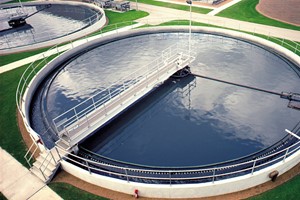During the first half of 2016, the office market continued to experience a relative slowdown, according to Knight Frank. The economic downturn and subsequent cutbacks in the job market had a negative effect on the demand for office space. In addition, rents remained stable across the majority of locations in Dubai, especially for quality buildings in less developed areas. The report reveals that in Abu Dhabi many oil and gas companies and Government Related Entities, who typically make the largest occupiers of office space in Abu Dhabi, underwent restructuring due to the falling oil prices. This phenomenon, in turn resulted in a shortfall of rental rates across the Emirate. As per Knight Frank's report, the residential market in Dubai maintained general residential sales index stability in the year-to-April 2016. Despite an annual 9 percent Y-o-Y drop across the mainstream market, the General REIDIN sale price index remained relatively flat on a monthly basis, with no noticeable changes in the performance of both apartments and villas. The report states that Dubai's prime market continued to outperform the market average. While the General REIDIN prime price index declined 5 percent in the YT April 2016 versus YT April 2015, encouragingly prices in the prime segment increased 2 percent on a quarterly basis between Q4 2015 and Q1 2016. In Abu Dhabi, sale prices remained relatively stable due to a shortage in quality residential supply. The General REIDIN sale price index points to a 1 percent increase Y-o-Y in Q1 2016. Although demand has declined due to government spending cuts and corporate restructuring, the market was kept steady by the slowdown of project delivery, thus maintaining balance in the market. According to KMPG, despite the fact that Dubai's dependency on oil may be limited, investors in Dubai's real estate sector remain in big part affected by the oil prices. The strengthening of the dollar also impacts the real estate market and on a much bigger scale. A recent report from JLL explains that the market is already adjusting with projects being delayed or scaled back to adjust to a lower demand in the market. Initiatives such as the Dubai South Development, which is likely to provide a rent to buy scheme, and the focus on the provision of affordable housing developments should contribute to ramp up the market.


ACW Staff














